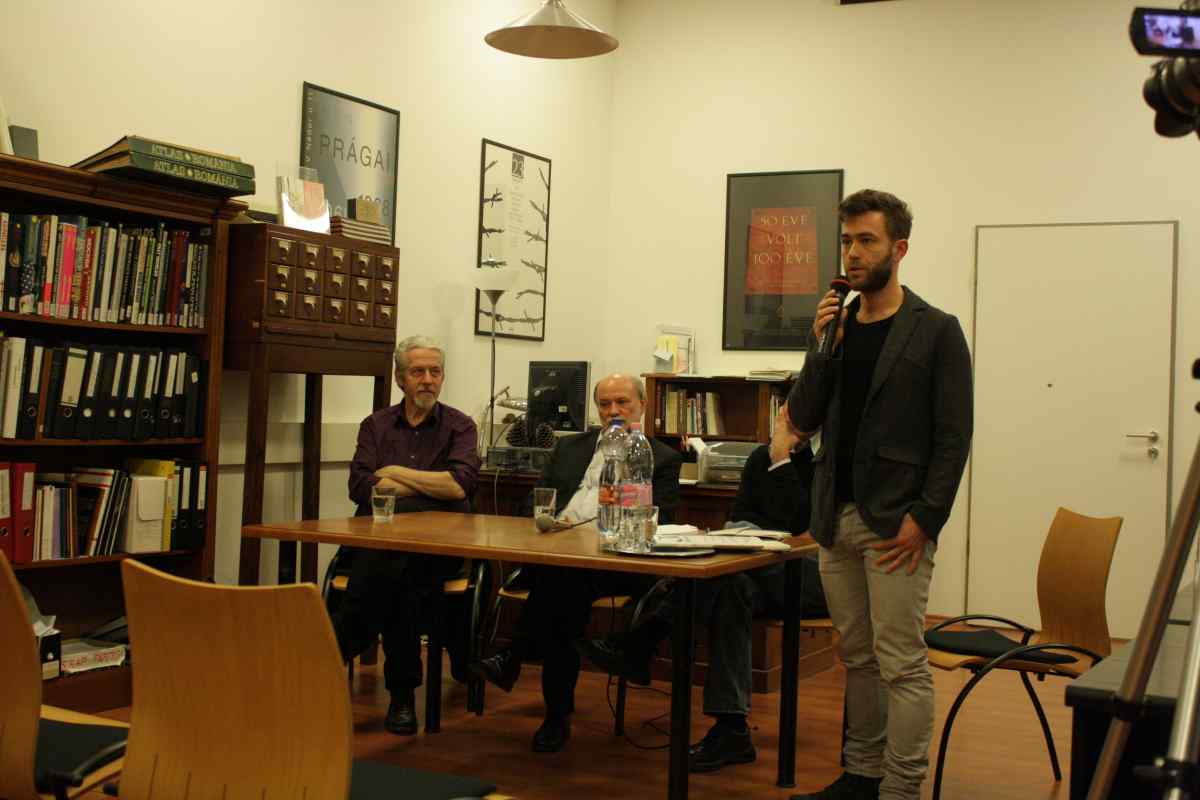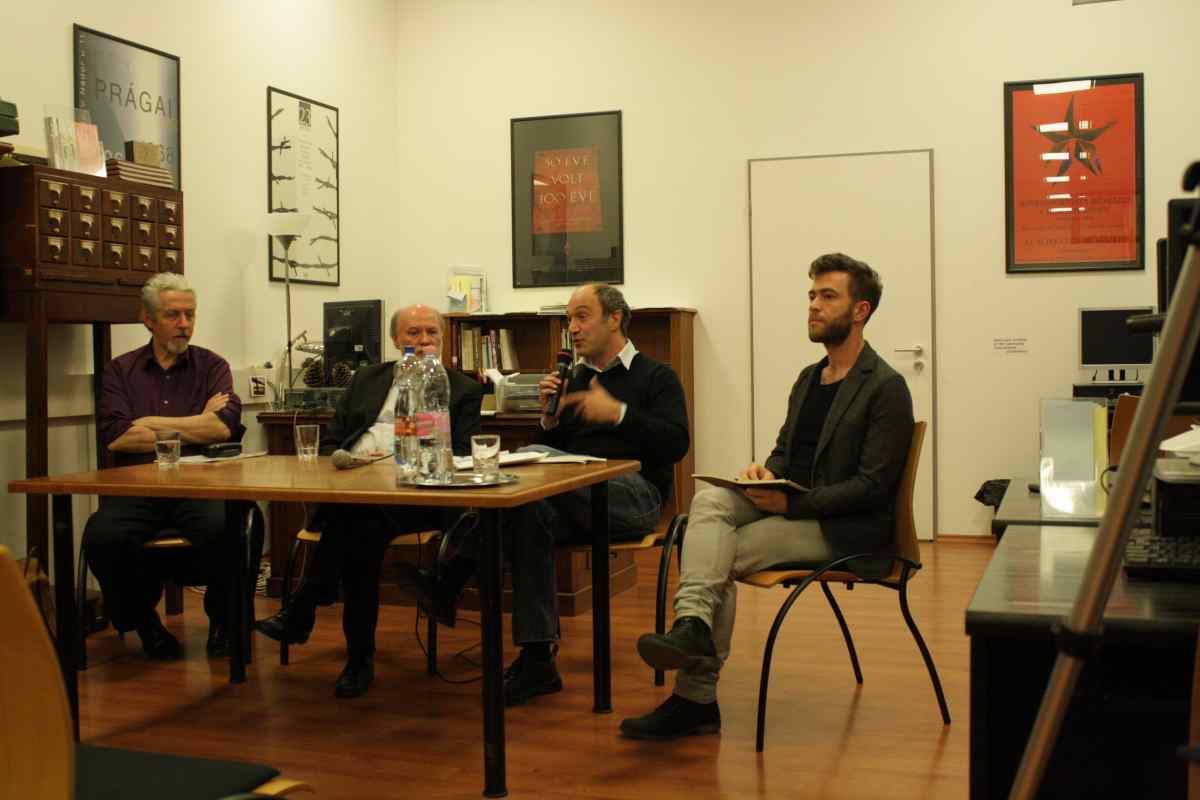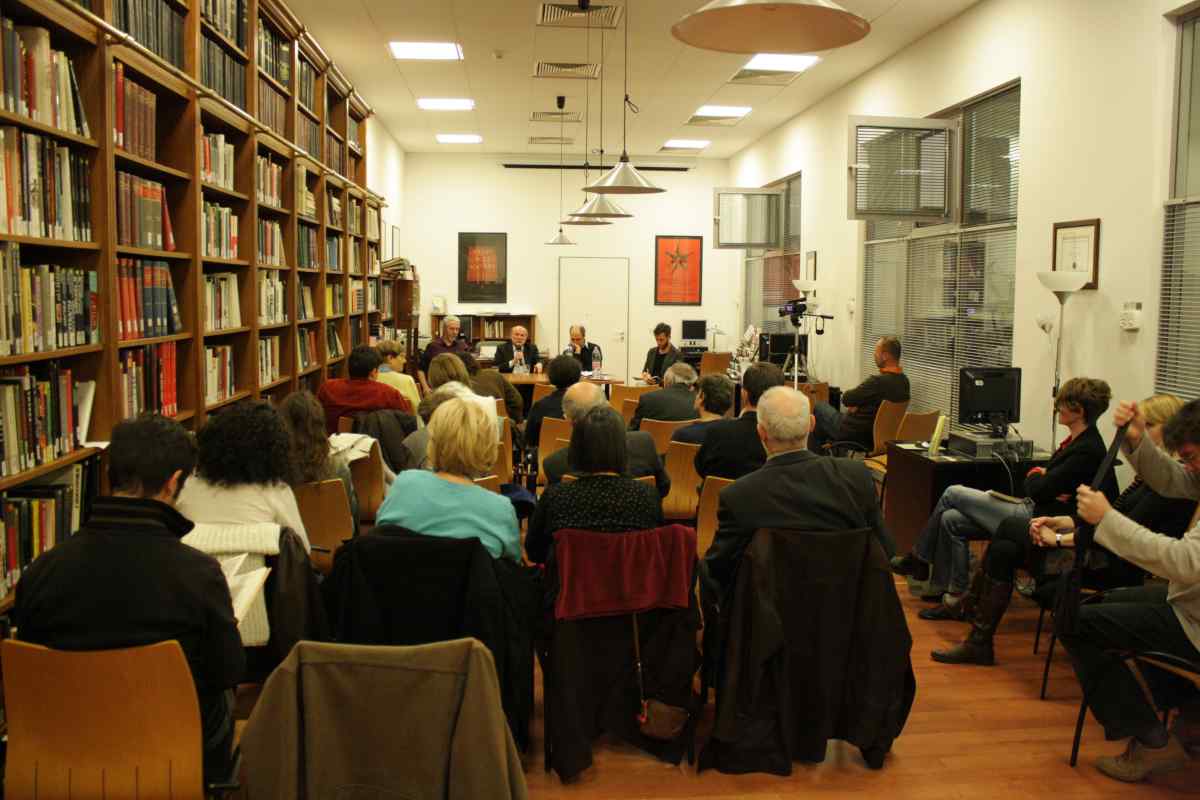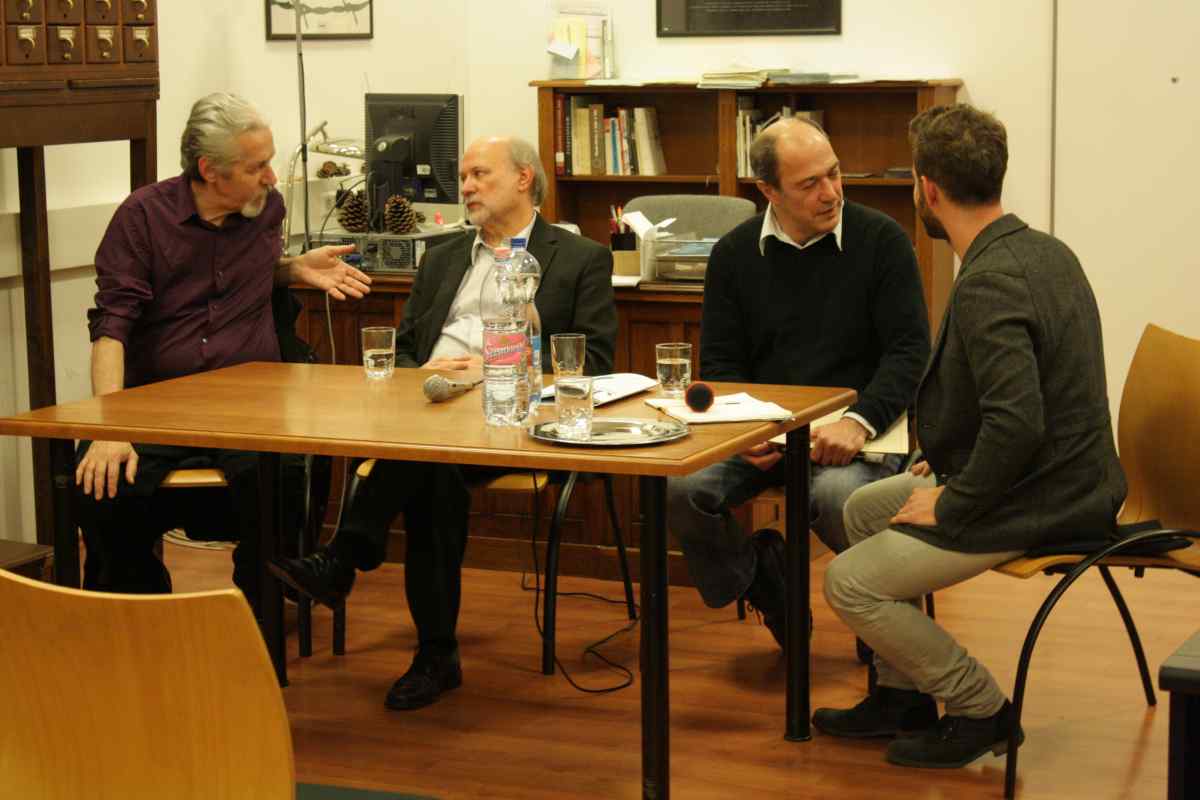Modern-era Blood Libels
The Social and Legal History Aspects of the Tiszaeszlár Trial




The panel-discussion is part of the program series that accompanies the exhibition False Testimony by Hajnal Németh and Zoltán Kékesi.
The Tiszaeszlár trial was the first of a series of trials between 1883 and 1913 in (Eastern) Europe in which the charge was ritual murder. It was the first trial in which the court had to pass a verdict within the framework of a modern legal system, and on a charge based on religious, anti-Jewish beliefs of the middle ages. To what extent was the Tiszaeszlár trial modern, and to what extent was it the result of surviving medieval beliefs and belated modernization? Why, in terms of social and legal history, did nineteenth and early twentieth-century blood libel cases take place in Eastern Europe in particular?
Participants: Tamás Kende, György Kövér, István Stipta
Moderated by Zoltán Kékesi
The program is in Hungarian.